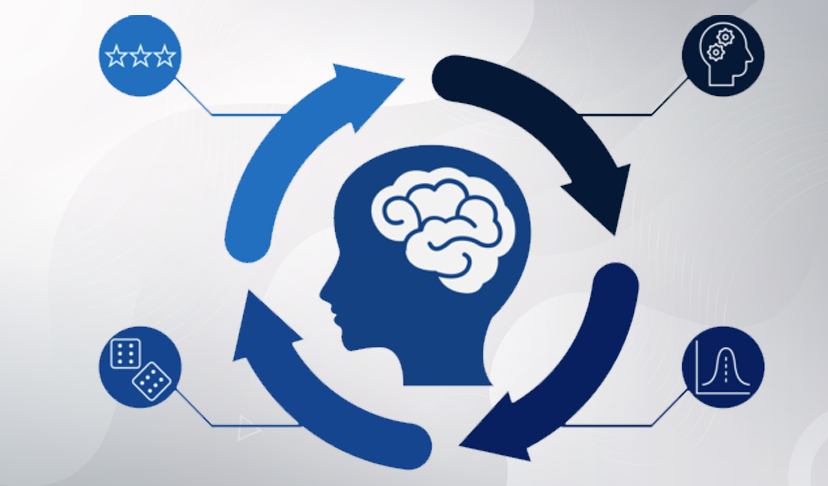The Integral Role of Psychology in Business

In today’s rapidly changing business environment, understanding the complexities of human behavior has become paramount for any organization aiming for success. The Integral Role of Psychology in Business, once confined to clinics and counseling rooms, has found a pivotal role in the world of business. This blog delves into the intricate relationship between psychology and business, and why understanding the human psyche can be a game-changer for your organization.
1. Introduction: The Intersection of Mind and Market
When you think of psychology, businesses might not be the first context that comes to mind. However, from marketing strategies to organizational behavior, psychology is the underpinning force driving effective business decisions.
2. Consumer Behavior: Predicting the Unpredictable
One of the most direct applications of psychology in business lies in understanding consumer behavior.
- Cognitive Biases: Recognizing cognitive biases like the “anchoring effect” or “confirmation bias” can help marketers tailor strategies that resonate with target audiences.
- Decision-making Process: By understanding the psychological steps a consumer undergoes when making a purchase— from problem recognition to post-purchase behavior— businesses can better position their products or services.
3. Organizational Behavior: Building a Cohesive Workforce
The psychology of individual employees and teams plays a crucial role in the overall productivity and culture of an organization.
- Motivation: Understanding what drives employees, whether it’s intrinsic motivation or extrinsic rewards, can drastically impact productivity and job satisfaction.
- Team Dynamics: Psychology provides insights into group behaviors, allowing managers to foster teamwork and resolve conflicts efficiently.
4. Leadership and Management: Guiding with Empathy
Effective leadership is as much about understanding people as it is about business acumen.
- Emotional Intelligence: Leaders with high emotional intelligence (EQ) are better equipped to handle interpersonal relationships judiciously and empathetically, leading to better team cohesion and morale.
- Transformational Leadership: Rooted in psychology, this leadership style focuses on inspiring and motivating employees, leading to increased engagement and productivity.
5. Branding and Marketing: The Psychology of Perception
How consumers perceive a brand can make or break a business.
- Color Psychology: The colors used in branding and advertising can evoke specific emotions in consumers. For example, blue often instills a sense of trust, while red can evoke feelings of excitement.
- Social Proof: People often look to others when making decisions. Businesses leverage this psychological phenomenon through testimonials and reviews.
6. Negotiations and Sales: The Art of Persuasion
Understanding the psychological underpinnings of decision-making can enhance negotiation and sales tactics.
- Reciprocity Principle: People tend to want to return a favor. In business, offering something—like a free sample—can create a sense of obligation in the receiver.
- Authority Principle: People often look up to authority figures. Presenting information with confidence and expertise can lead to more successful negotiations.
7. Product Design and Usability: Catering to the User’s Mind
A product’s design can influence the user experience and overall satisfaction.
- Hick’s Law: This psychological principle states that the time it takes for an individual to make a decision increases with the number of choices. In product design, simplifying choices can enhance user experience.
- Fitt’s Law: It dictates that the time required to move to a target area is a function of the distance to the target and the size of the target. This principle is vital for designing user-friendly interfaces.
8. Conclusion: Embracing Psychological Insights
The Integral Role of Psychology in Business cannot be overstated. By integrating psychological principles into various facets of business, from consumer interactions to employee management, companies can foster healthier work environments, design better products, and create more impactful marketing strategies. As the business landscape continues to evolve, one thing remains clear: understanding the human mind is key to success in the marketplace.



